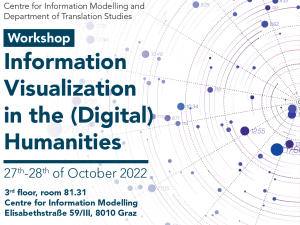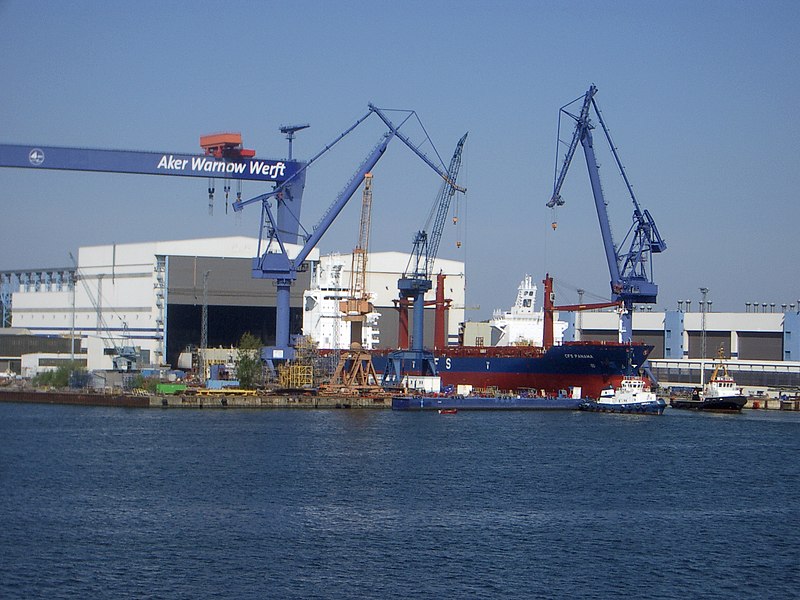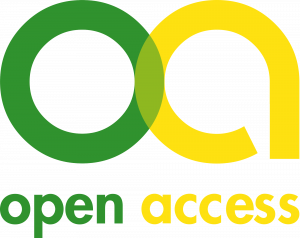In collaboration with the Institute of Documentology and Scholarly Editing (IDE), the Text+ consortium of the German National Research Data Infrastructure (NFDI) invites authors to submit reviews of digital scholarly editions for the journal RIDE. The reviews should be based on the IDE criteria for reviewing digital editions and focus on the application of the FAIR principles for this special issue.
Cooperation and goals
Text+ has been active since 2021. The consortium is dedicated to the development of a research data infrastructure for text- and language-based materials, divided, to start with, into three data domains: lexical resources, collections, and scholarly editions. Scholarly editions are critical representations of documents from the past that are primarily used in the study of research objectives within the humanities.
A central task of the data domain “editions” is the assessment of methods and practices of the editorial process, as well as the development of recommendations for the creation, processing and publication of research data. According to the FAIR principles, data from editions should be „Findable, Accessible, Interoperable, and Re-usable.“ Applying these principles to digital resources is becoming more and more important, but they are yet to be discussed in depth in the context of scholarly editions. The implementation of the FAIR principles is crucial for central aspects of working with digital editions; these include, for example, aspects of search, linking, licensing, and re-use. In order to gain a better understanding of what “FAIR” entails in the context of editions specifically and whether and how these principles can be applied to digital scholarly editions, existing practices are best described in the form of reviews. On the basis of individual case studies, reviews allow a survey of the diverse editorial landscape and can thus contribute to the development of new criteria. For this reason, Text+ has chosen to cooperate with the review journal RIDE which was first published in 2014 and has been, since then, leading in the review of digital scholarly editions. Together, Text+ and RIDE seek to further promote the discourse on best practices in the creation and publication of digital editions in general and in the application of the FAIR principles in particular.
Modalities
Interested reviewers can contact us with proposals at ride-textplus@i-d-e.de (name, affiliation, edition). The deadline for proposals is 17 May 2022, but we may remain open for inquiries afterwards. Publication of the volume(s) will be by ‘rolling release’.
The reviews are to be based on the catalog of criteria for digital editions developed by the IDE. A handout for evaluating the “FAIRness” of a digital edition has also been developed for Text+ editions (see below). As with all RIDE reviews, a submission consists of the review text and a factsheet, the latter based on a questionnaire to be completed by the reviewer. We accept submissions in German and English.
The editors of the first edition are Tessa Gengnagel (Cologne Center for eHumanities), Frederike Neuber (Berlin-Brandenburg Academy of Sciences and Humanities) and Daniela Schulz (Herzog August Library Wolfenbüttel).
FAIR in digital editions – criteria
Reviewers should address (amongst others) the following aspects regarding the application of the FAIR-principles in digital scholarly editions:
Findable. Can the edition be found via library catalogs, discovery systems, or relevant edition catalogs (e.g., the Catalogue of Digital Editions maintained by Greta Franzini or the catalog by Patrick Sahle)? Can the data be found through disciplinary repositories or general research data repositories (including Zenodo, Dariah Collection Registry, Humanities Commons)? Is a persistent identifier used? How efficient is a search for the edition using a search engine?
Accessible. Is the edition freely accessible for any user, or are there access restrictions? Which parts of the edition are accessible (presentation layer, data layer)? Have global aspects of accessibility been taken into account, e.g. by allowing language selection? What about web accessibility and user friendliness of the edition?
Interoperable. Is the (primary) data recorded in a standardized and widely used format (e.g. according to TEI and its subsets or specific customizations such as the DTABf) which would allow for the integration of the data into larger corpora or the use of specific software solutions? Is the data on which the edition is based accessible via technical interfaces? Does the edition offer special APIs? Does it itself aggregate data via interfaces from other resources (e.g. as part of IIIF)?
Reusable. Is the edition data accessible, and if so, how (individual download, aggregate download, repository, API)? What are the licenses for the edition data? Do they allow any subsequent use at all? Are the data sets and their creation, processing and modeling documented in such a way that third parties can work with them?
Suggestions for Review
Reviewers can either choose from the a list of digital editions from German-speaking countries which we have created in the Text+ context or from the general suggestion list of RIDE. Your own suggestions are also welcome!


